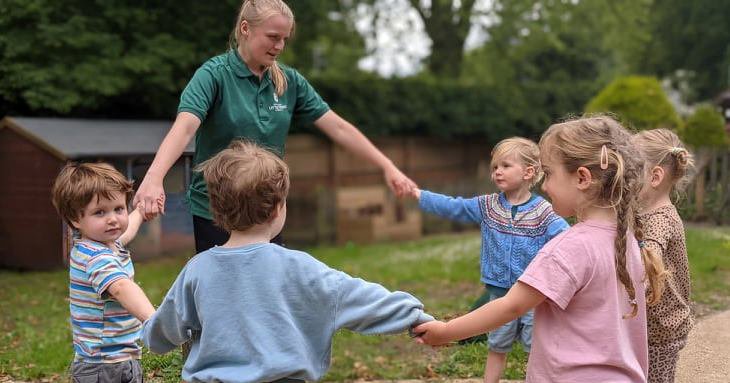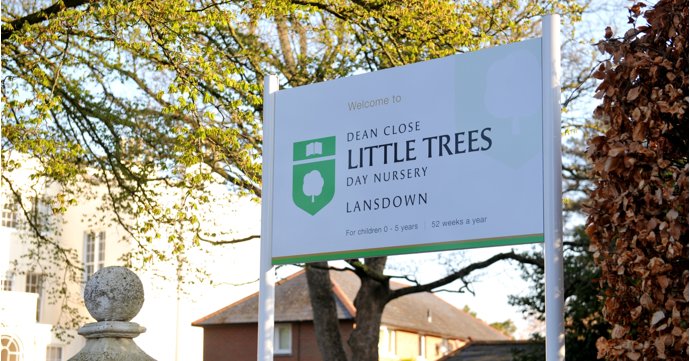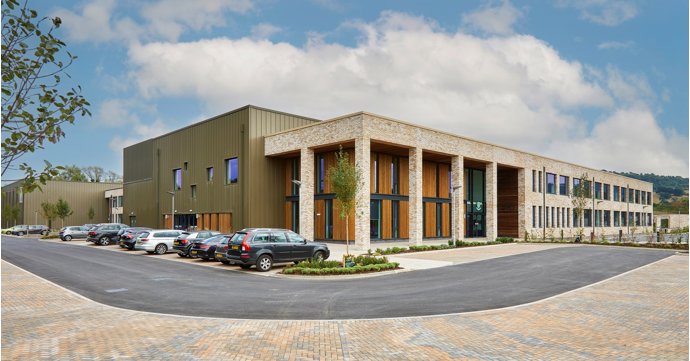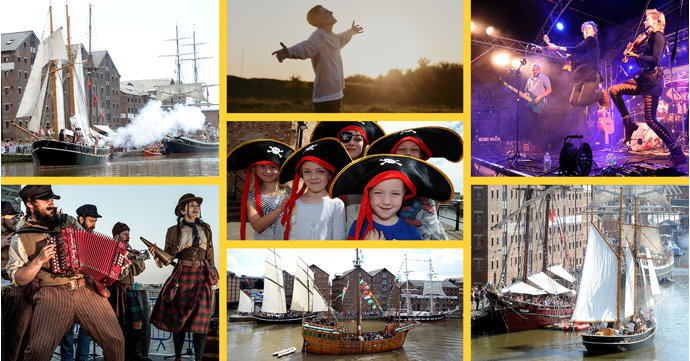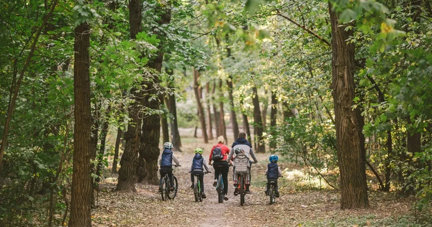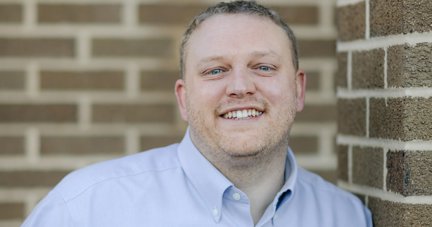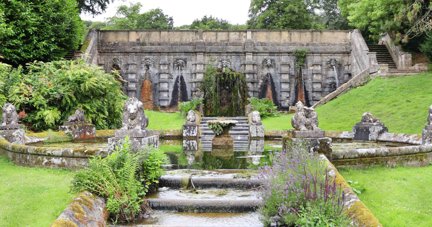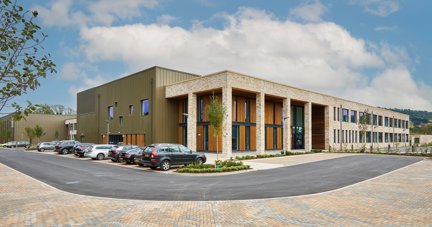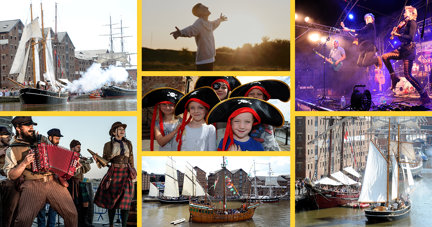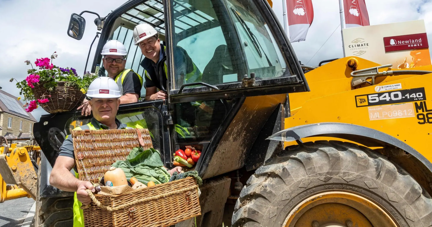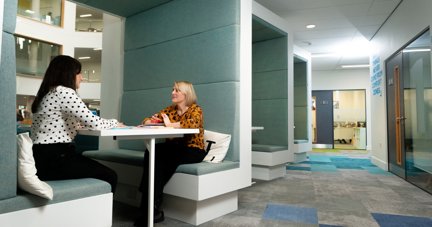Just like any other kind of school, a nursery needs a curriculum for children to follow – and Dean Close Little Trees is starting 2022 by reassessing what is most important for the children in its care.
SoGlos spoke to Dean Close Little Trees Nurseries to find out about the educationist ideas that will be more influential than ever in shaping the way its young minds learn through play this year.
About the expert – Charlene Burgess, Dean Close Little Trees area manager
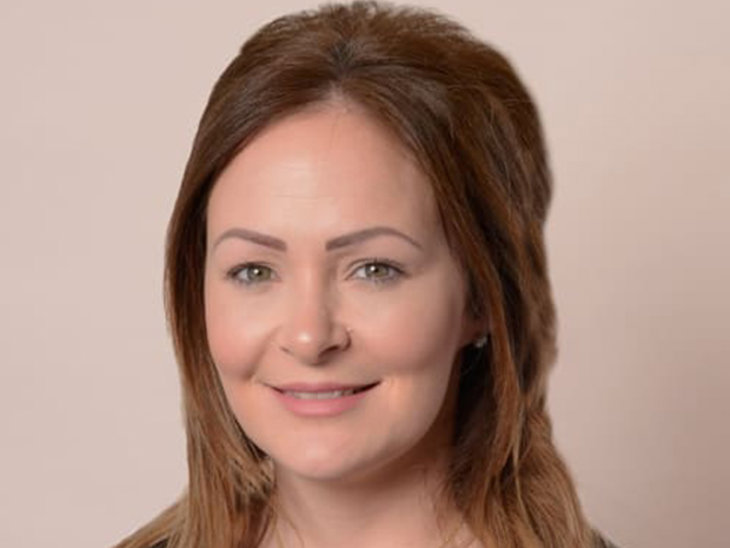
Charlene Burgess began her career in early childhood education as a nursery practitioner in 2009.
Rising rapidly through the ranks having worked full-time while studying, she was promoted to her current role with Dean Close Little Trees in 2017.
Following the rebrand to Little Trees last year, she has also helped create calm and tranquil play spaces for children.
There are six Little Trees Nurseries in total – including two in Cheltenham and one in Gloucester – all part of the Dean Close Foundation, which also includes Dean Close School in Cheltenham.
Children at Little Trees benefit from the knowledge and experience of skilled staff committed to finding innovative new ways of meeting the individual needs of every child.
Little Trees Nurseries is working to integrate the principles of Friedrich Froebel into its curriculum. Who was Friedrich Froebel?
Friedrich Froebel was the inventor of kindergartens and a pioneer of early childhood education and care in the 1800s, who changed the way in which we think about and value early childhood.
What are some of his most important principles?
• Freedom with guidance – helping children make their own choices, including what they want for snacks, etc; helping children to think for themselves; listening to their voice; encouraging their ideas and facilitating them.
• Unity, connectedness and community – providing activities that are meaningful to them and their lives. Embracing unity in a diverse world by finding similarities and shared experiences, whilst valuing the community.
• Engaging with nature – regular opportunities to be outside, whatever the weather. Nursery allotments for children. Ensuring children experience all aspects of nature, including gravity and speed, by using their whole bodies in running and jumping.
• Learning through self-activity and reflection – emphasis on real life experiences that are meaningful to them. Our nurseries have Awe & Wonder books with photos of previous activities and quotes of the child’s voice. They show the learning journey and allow children to reflect.
• The central importance of play – we don’t want to stop busy, engaged children heavily involved in their play to follow a routine set by adults.
• Knowledgeable and nurturing educators – skilful practitioners who truly understand child development and play. Reflecting on observations of children, often practitioners will see different aspects of learning, which deepens our understanding of each child and their lives.
What made you decide to change your educational programme?
As a group of nurseries, we have been talking about developing our own curriculum for some time.
We have nurseries in England and Wales, both with different outlooks as to how we develop children, having previously followed the Early Years Foundation Stage (EYFS) in England and Early Years Foundation Phase (EYFP) in Wales.
What we came to realise were the similarities in our early childhood values, the importance of play and wanting to emphasise real life experiences.
We questioned why we did things in certain ways and wanted to go back to basics in truly understanding child development; we asked ourselves why we were interrupting children’s valuable play time and therefore learning.
In the absence of a reasonable answer, we came to realise that we ourselves were a hinderance in play. Why did children need to stop playing to tidy up before lunch? The simple answer is that they didn’t. Now children can have lunch and go back to their creations.
Developing our own curriculum inspired us to look at our current way of planning, activities and experiences for children and to link our curriculum to a theorist who resonates with our core values of love, courage, flourishing and contribution.
How will Froebelian principles fit with Little Trees Nurseries?
The learning experiences we offer are tailored to the needs of each child and based on their individual interests; we know that children learn best when they are interested and engaged.
Our experienced staff guide children in their play and interactions, helping them to make their own choices and develop independence.
Planning has changed from being prescriptive of what we wanted for children every 10 days, to very much ‘in the moment’ and following the lead of the child. This allows us to reinforce the child’s interest there and then.
Can you give us an example of this in practice?
One Wednesday morning, a member of staff was out in the garden with a group of children. One of them picked up a saucepan and a stick from the floor and said she was making a musical instrument. She sat on a milk crate and started playing.
Other children then wanted to join in, so we searched the garden for objects that could make a good sound and the children used different types of materials to make their instruments. They then placed their instruments on the bench and all found crates to sit on – we sang songs and talked about the different sounds that we were making, going fast and slow, etc.
We talked about the beat and how bands make music. We decided we would make a good band and going forward from this, have added making musical instruments and listening to African drums to our activities.
What similarities and differences exist between the educational philosophy of Froebel and Montessori?
The Montessori approach to learning is similar in lots of ways to Froebel, so there are elements of Montessori interwoven throughout our curriculum.
Montessori’s approach includes mixed-age classes, which we don’t do, and specially trained teachers, which we don’t have.
However, other aspects of the approach are similar to Froebel, such as allowing children the freedom to make their own choices and following the lead of the child by allowing them the time they want in their play, rather than adult interruptions and routines.
This method allows children to explore the learning environment freely, while being encouraged to be naturally curious.
In keeping with the Froebel approach, we have also made a decision to move away from plastic toys at Little Trees Nurseries – although they do have their place – and have instead invested in natural, open ended wooden toys and equipment that allow the children to be creative in their play.
Our nurseries are designed to provide real-life experiences for children, so we give them opportunities to grow, prepare and cook their own fruit and vegetables. We also do woodwork using real tools, such as nails and hammers, with careful supervision; we feel that by teaching them how to safely use tools, the benefit of these activities far outweighs any initial risk.


